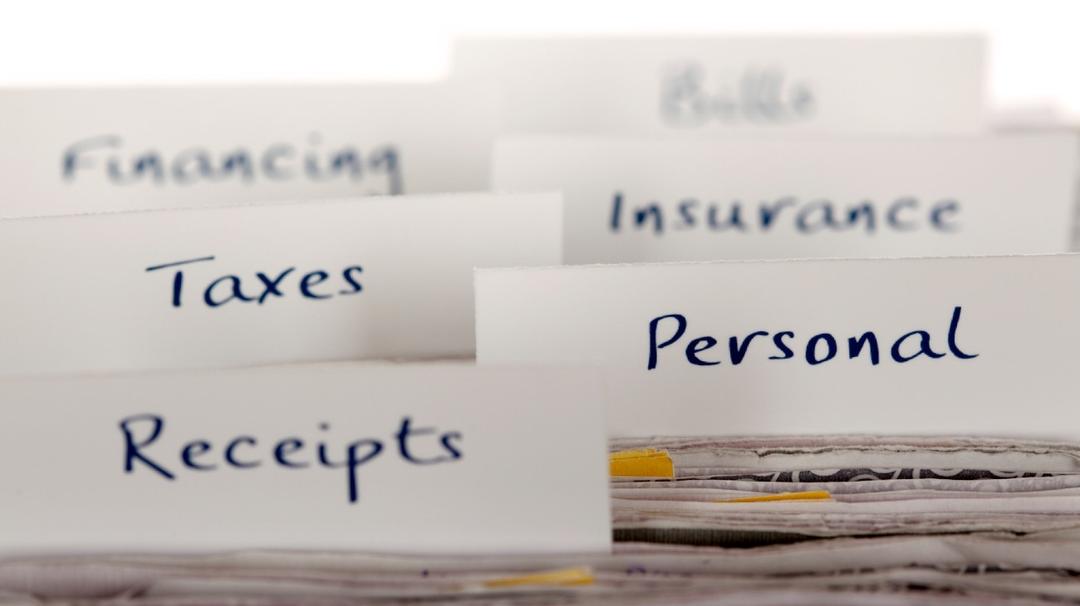
The COVID-19 pandemic hit the United States in the middle of the 2020 tax season. Uncertainty, social distancing, and state-mandated lockdowns greatly impacted our economy. More businesses have opened back up, and some areas have returned to at least some sense of normal pre-pandemic operations. So what does that mean for calculating your taxes?
Early on, there was a lot of publicity about the coronavirus’s effect on filing for the 2020 tax year. The government provided opportunities for financial relief and extended many deadlines. But what about the 2021 tax year?
Many individuals and small businesses may feel uninformed about the current status of relief and flexibility offered by the IRS earlier on in the pandemic. Here are a few key details you should know before making your tax return filing plans.
Do I Have to Pay Taxes on my Stimulus Checks?
The government disbursed several rounds of stimulus checks to Americans during the pandemic, the most recent being the stimulus sent out in March 2021. But do these checks count as income you need to report and pay income tax on?
The short answer is no. Your stimulus check is not taxable income, and you will not be expected to pay any taxes based on the money you received in those checks.
However, you should report the stimulus checks you’ve received as well as the amount. The government administered each stimulus payment as a tax credit, released essentially as an advance on your tax refund.
If you failed to receive a stimulus check the government owed you, then you will still be able to claim it on your tax return as a credit, which will pay down any taxes you still owe and possibly translate to a refund.
Will 2021 Unemployment Benefits See a Tax Break?
In addition to the stimulus checks, coronavirus relief legislation supported people affected by the pandemic by increasing unemployment benefits. Taxpayers receiving unemployment benefits in 2020 also received a sizeable $10,200 tax break exempting them from taxes on much of that unemployment income. So what about those still receiving unemployment benefits in 2021?
Many states are still offering unemployment benefits at the increased rate set during the heart of the pandemic. However, there is no sign that there will be a similar tax break for unemployment checks at the federal level.
While there’s still time for this to change before spring 2022, it looks at this point like taxpayers should be prepared to pay income taxes on all of their unemployment benefits. Suppose you’ve been receiving benefits for an extended period and haven’t been paying significant amounts into the system. In that case, you might be in for a rude awakening on your tax return.
To handle taxes if you received unemployment benefits, you should make sure you’ve paid a reasonable amount in taxes on that income now. If you’re currently employed, you can do that by simply asking for more of your income to be withheld for taxes on your form W-4. Another option, especially if you’re still unemployed, is to pay estimated taxes directly to the IRS.
Which States are Taxing Forgiven PPP Loans?
Under the Paycheck Protection Program, the federal government supported businesses during the pandemic with forgivable loans to keep employees paid and fully employed. Businesses that apply for PPP loans can then have them fully forgiven if they prove that they used the loan entirely for its intended purposes.
However, a forgiven loan essentially becomes taxable income for a business. The federal government has exempted PPP loans from any taxation at the federal level, so there’s nothing you have to worry about there, but that’s not necessarily true at the state level.
Depending on where your business is located, there is a chance that your state may still treat some or all of your forgiven PPP loan as taxable income. To know where you stand, you’ll need to determine if your state is planning to tax forgiven PPP loans.
Each state has its own set of regulations and unique circumstances, but all of these states are, in one way or another, taxing forgiven PPP loans or limiting the use of deductions paid for with loan money.
- Florida
- Utah
- Nevada
- North Carolina
- Hawaii
- California
- Virginia
- Rhode Island
How Does Pandemic Legislation Affect Charitable Deductions?
Coronavirus relief legislation has also had an impact on the process of claiming deductions. Legislators have encouraged charitable giving by increasing the amount of charitable contributions that can be counted for deductions.
In a regular year, many individuals and businesses will claim the standard deduction and skip itemizing charitable contributions altogether, as the standard deduction is significant on its own. However, COVID-19 relief legislation allows for claiming up to $300 in charitable deductions for a single taxpayer on top of the standard deduction.
This is true for the 2021 tax year, but that policy is not set to last into the 2022 tax year. So this is one year you can get many benefits if you maximize your year-end giving.
Work with an Accountant to Stay on Top of Your Taxes
It’s not always clear what COVID-19 tax relief benefits remain in effect and how, and it gets even more complicated at the state level. Before you file your tax return, work with an accountant to get professional advice from someone up-to-date on the current laws and regulations in your area.
Don’t try to manage and file your income taxes without expert help! Money is tight, especially after these difficult years of the pandemic. You don’t want to end up paying more on your taxes than you need to, and an accountant can help you save the maximum possible.
This post is to be used for informational purposes only and does not constitute legal, business, or tax advice. Each person should consult his or her own attorney, business advisor, or tax advisor with respect to matters referenced in this post. 1-800Accountant assumes no liability for actions taken in reliance upon the information contained herein.
